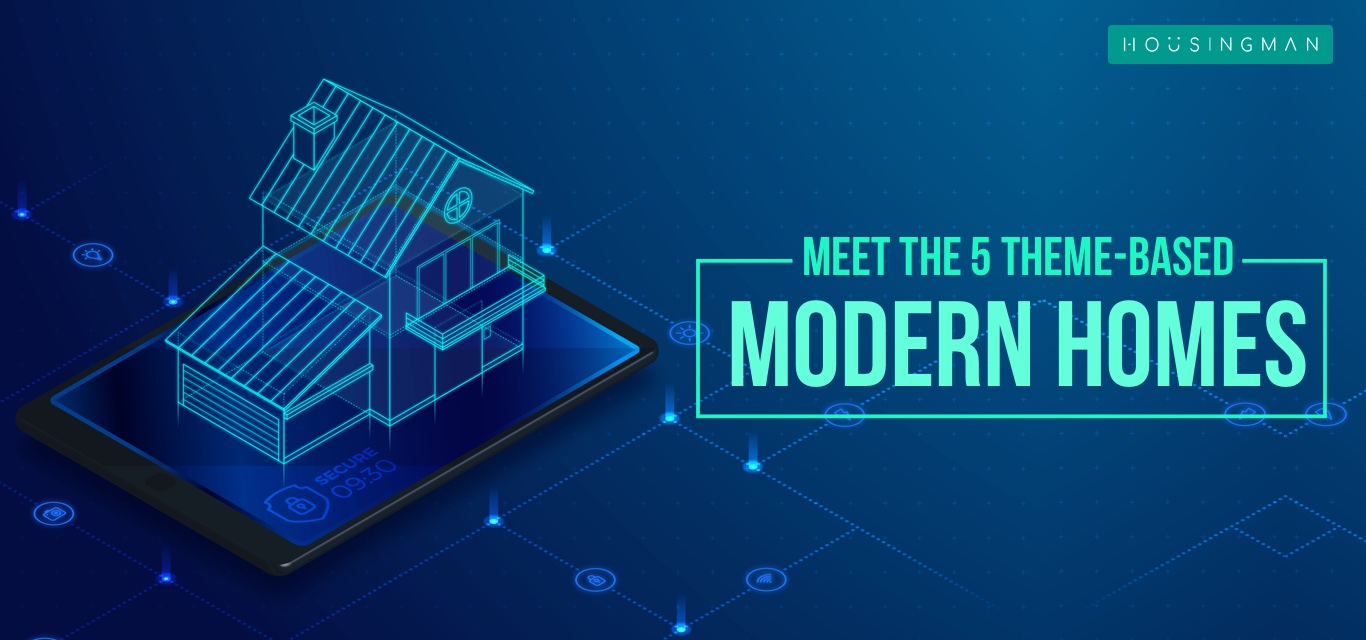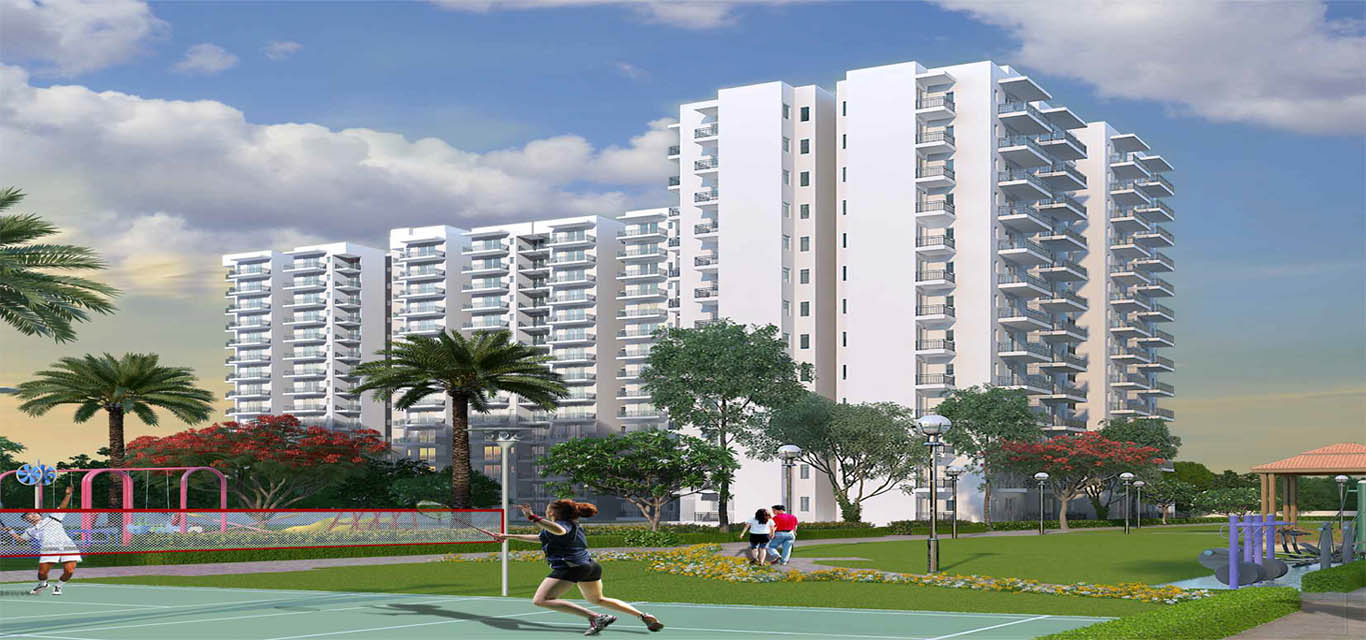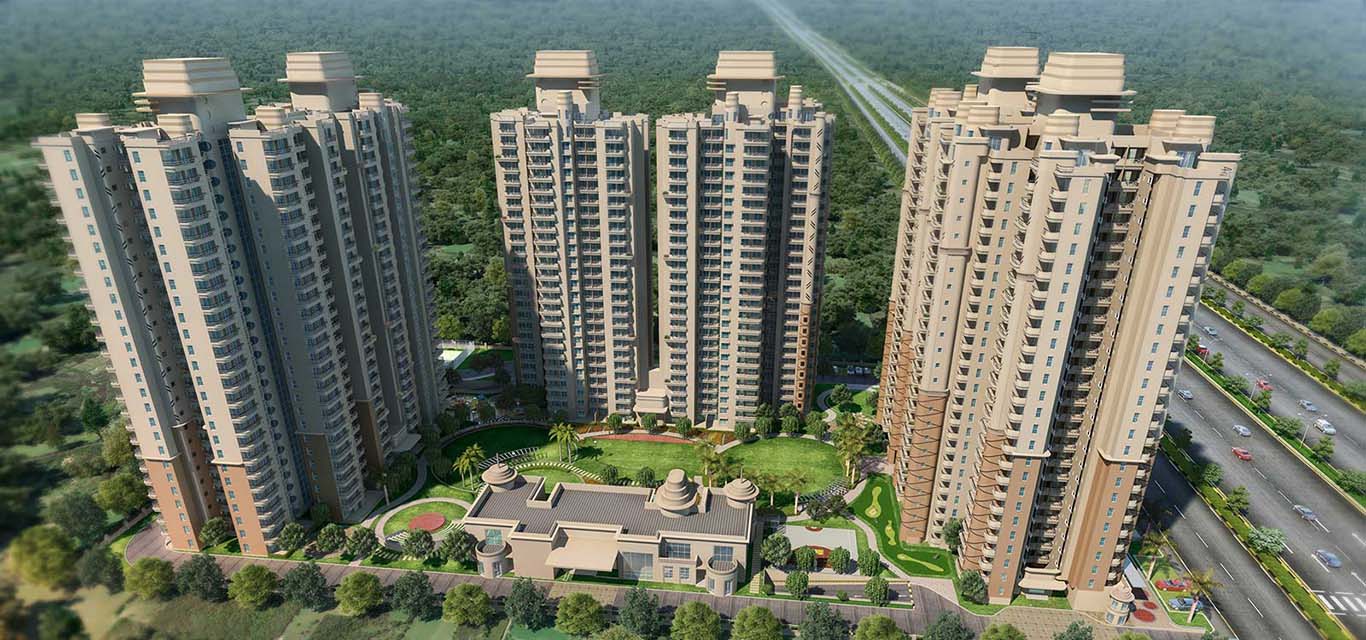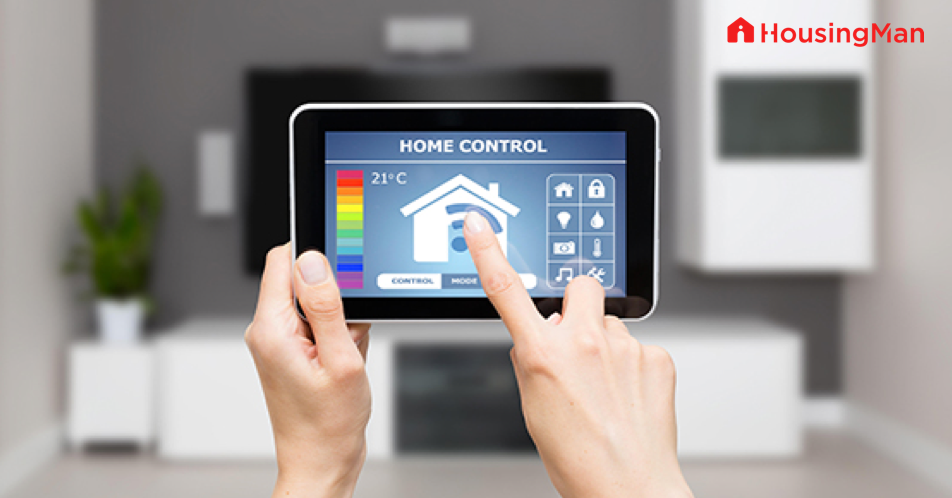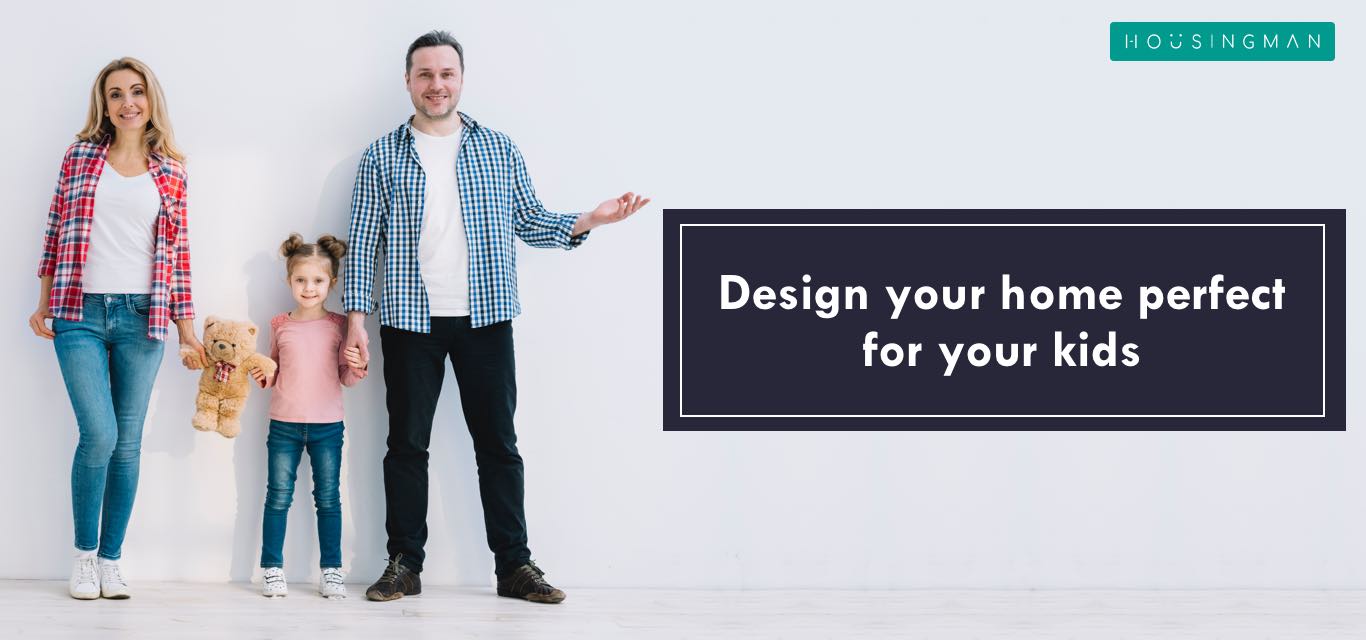Smart home in the present times is not the one with sleek looks. The expectations have moved into the area of functionality when one says ‘smart home’. Smartness of home can be evaluated by the energy consumption figures. If there are energy efficient appliances that work best but consume minimal power, the house can be said to have attained certain degree of smartness. So, lets’ understand first what actually a smart home is and how it works, and its other aspects.
What is smart home?
A smart home is one that is equipped with devices such as electronic appliances, lighting and heating equipment that are programmed to shut down automatically when not in use or can be controlled remotely with the help of mobile phones or other controls.
Thus, the smart home definition suggests that it ought to offer the owner the better control over the devices and their functioning even when they are away. Very recently, an advertisement of Air Conditioner brand has shown how the AC can be switched off or on from a remote location using the mobile phone. This advertisement is the best illustration of how smart homes work or are envisioned to work.
How does a smart home work?
The world is changing in the way it works, and so are the homes we live in. The homes are expected to deliver the best of the comfort to the owners for which they have worked so hard. So, if as a home owner, you are given the possibility of maintaining the correct temperature at home by regulating thermostat or the heating up device much before you enter the home, while sitting in the office, it certainly is one of the bets worth bargaining for. So, the basic idea behind the working of smart phones is to ensure that the owner enjoys the ownership of the house and its contents better way without requiring to locking up oneself inside the house. The owner continues to have better knowledge of the house and its happenings even when he has come out of it and is working or enjoying at some remote location.
Internet of Things is one of the most modern and innovative concepts that are being put into practice to make smart homes a reality. Getting the coffee maker switched on and working till the correct brewing is done as soon as the alarm snoozes by connecting these devices together using internet-equipped gadget is the most basic example of how smart homes work.
When you are away and want to keep your children under surveillance, being able to monitor their activities using CCTV cameras connected to your mobile phone, tablet or laptop or any device you use, is another example of the convenience the smart home technology guarantees.
Various home automation systems also make use of smart home technology. These automation systems allow the users to regulate the temperatures of the various rooms of the house, control the sunlight reaching the home garden, switch off the electronic devices remotely or start the devices when not in home, etc. Such systems definitely add to the smartness of the home and allows the user to have their home exactly as per the preference they want in, when they come back from anywhere.
Understanding the functioning of smart home systems
From the observations made in the above paragraphs, one can easily infer that there is a complete system of devices controlled remotely, which ultimately define the smart home in actual sense. So, the smart home systems would definitely comprise of these main components:
- Devices that are needed for a comfortable home
- Coding system for the device
- Another device that works as remote control for the devices and have all information of the latter stored in it
- And of course, the gadget-savvy user that is comfortable using these devices
So, here is how the smart home systems work. Let’s take the example of thermostat, refrigerator, and air-conditioner that can be controlled with a remote control system called remote home control. Using this device, the person can code each device appropriately, pick the device on the basis of the code and send command to the device to work accordingly. Thus, the user is able to control a number of devices using a single device. This device in the form of a mobile application works from a remote area to control appliances within your home.
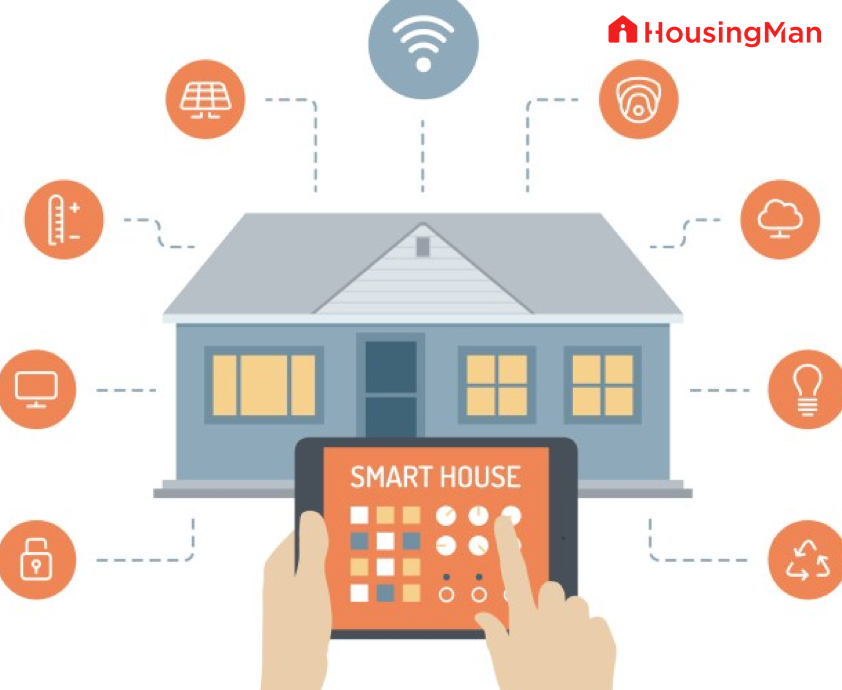
Some of the best smart home systems popular these days
Most of the smart home device systems, these days, are moving from touch control technology to voice control one. The user will just send a command to the voice command receiving device about a particular connected device and the target device will start to function or stop as per the instructions received. Thus, the user can control all the devices of the house by simply sitting in the comfort of the couch and giving voice commands.
Some most popular voice-controlled home assistants are:
- Google’s Assistant: This smart home technology driven solution leverages some elements of Artificial Intelligence too, to deliver a more user-centric experience. This is one of the most basic solutions available around. Due to poor audio quality and requirement of very accurate questions, it does not meet many users’ expectations but is still a clear indicative of the future of the smart home.
- Amazon’s Alexa: This modern smart home systems component works more smartly than Google Assistant. It can follow the command and do the job by following very simple sentences like ‘Switch on the light, Alexa!” Its small size and better intelligence makes it one of the most preferred smart solutions around.
- Apple’s Siri: Meant for operating Apple products specifically, this smart home system solution comes with added advantage of information security and encryption. The users who need a support for their Apple products can prefer buying it. But, they need to be ready for giving more explanations as the system is reported not to understand many commands.
Thus, presence of any of these systems is also an indicative of the fact whether your home is smart or not.
Advantages and disadvantages of smart homes
The most common of the benefits of smart homes is convenience. The home owners call their homes ‘comfort zones’, but due to lack of smart solutions, these turn out to be not so comfortable. With the introduction of smart home systems, the users can enhance the comfort quotient of the home and make it more habitable.
The second most important advantage is pertaining to seniors of the family. Many households have elderly people who are capable of moving very less due to their physical health conditions. If they are given the control of the devices in the form of smart gadgets, they can enjoy life of less dependence and enhanced security.
The benefits of smart home also include saving on energy expenditure. The rampant and mindless use of devices not only shortens their shelf-lives, it also makes the devices the energy-consuming hubs. When you forget to switch off or regulate the thermostat, or refrigerator or any other device as per the season’s requirement, it adds to the energy bills annoyingly. Thus, you can assure the house from consuming less power and becoming greener in the process by using smart homes systems.
Only disadvantage that comes with smart homes is undue dependability on the control devices. Putting mind to work is important for mental health, but with increase use of smart home solutions the remembering capacity of the brain reduces. Other disadvantage is that too much interdependence of devices on each other for start and stop of functions can bring the whole house to standstill if any of the devices breaks down. The accuracy of smart devices is still a bit questionable as most of the technology in consideration is still in nascent stage. Thus, the user may find it difficult to get accustomed to the smart homes and feel uncomfortable around such devices.
To conclude, make a note of all these points and find if your house has attained the status of smart home. How you wield the devices and control them instead of getting controlled by them decides whether the future of the smart home is bright or not.



